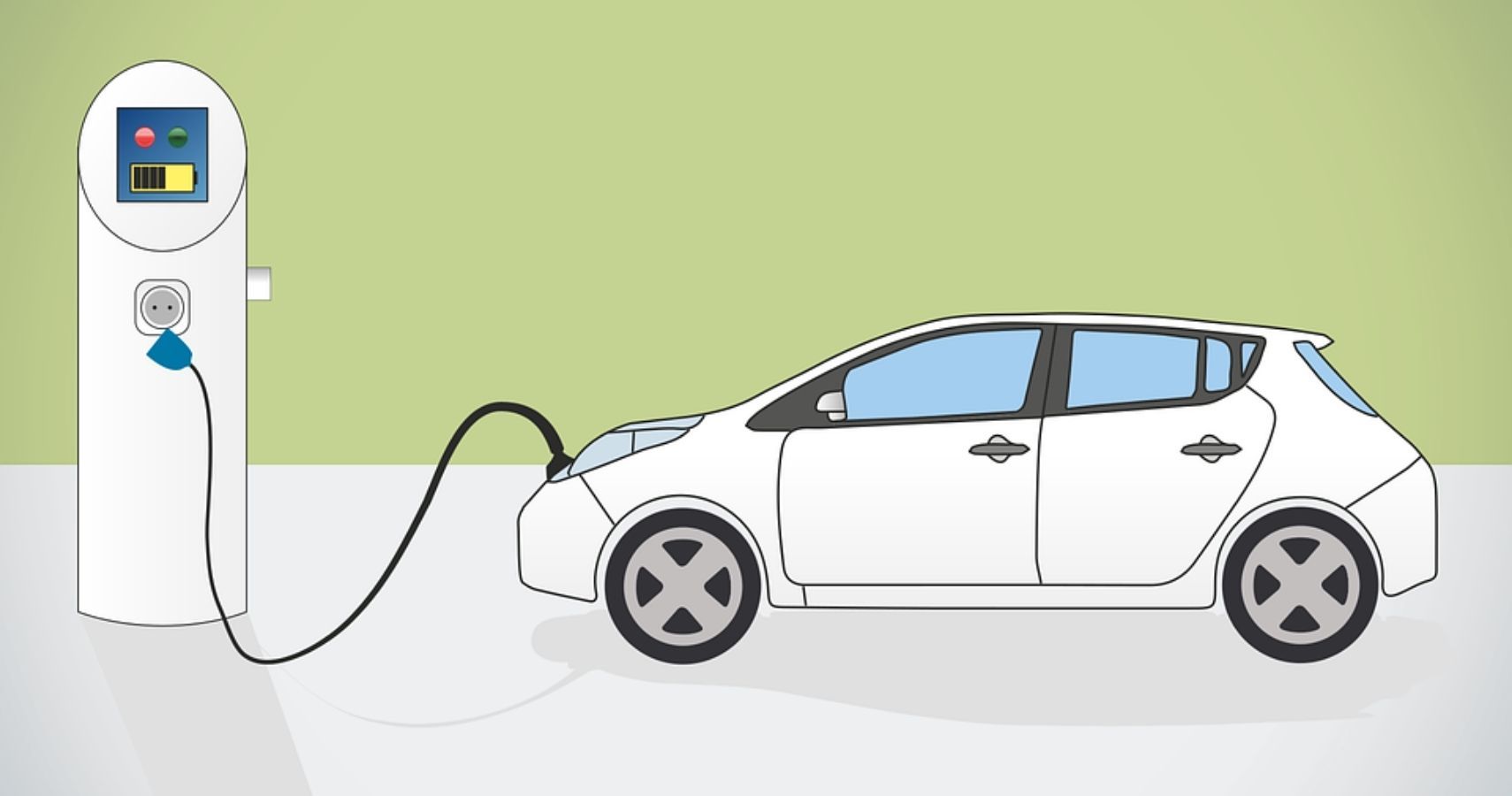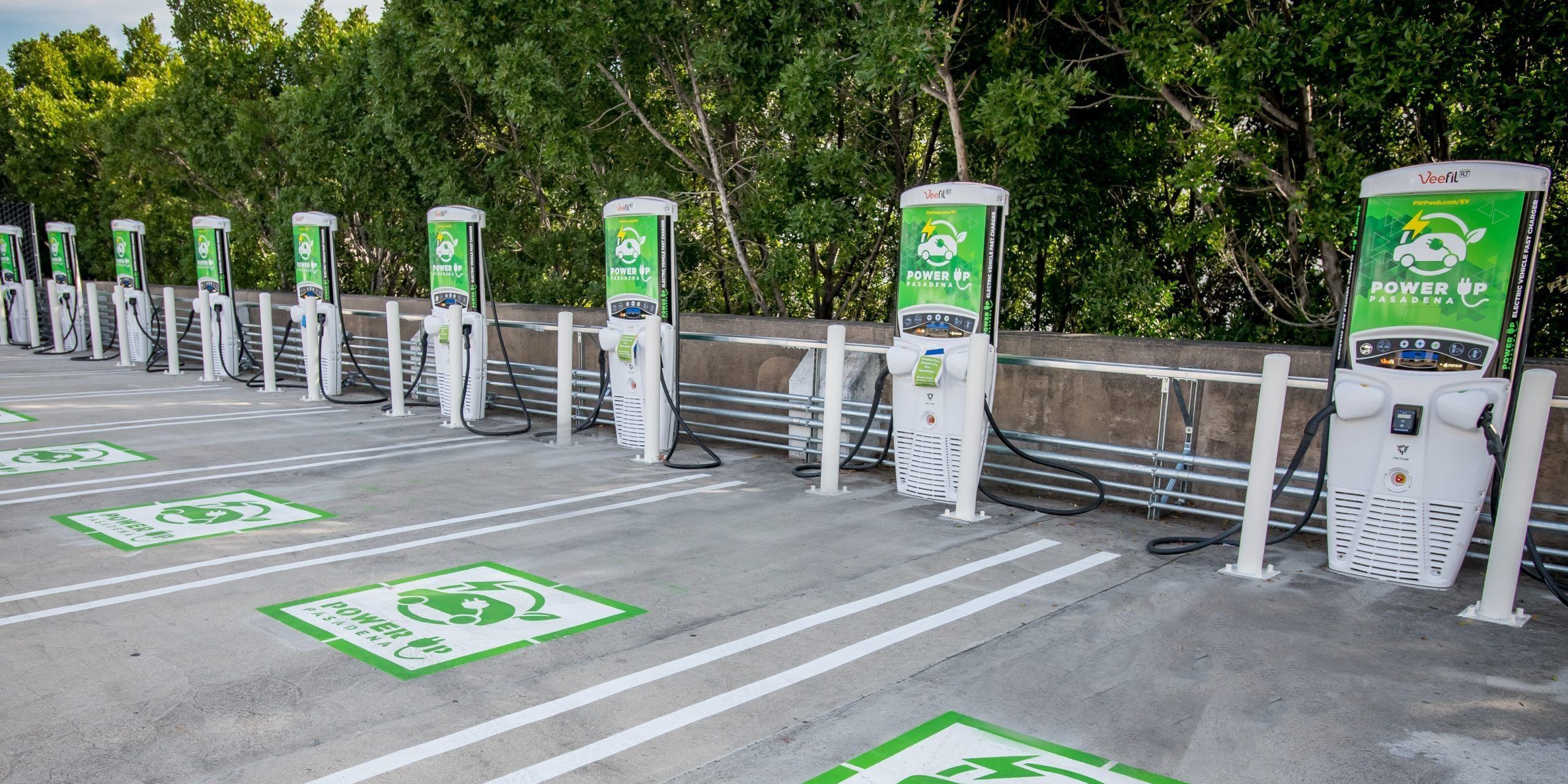If there’s one thing that has come to define our past year, that is soaring prices. Everything is getting more expensive these days: food, housing, utilities, goods, and gas. This is not only endangering consumers' quality of life, but is also bankrupting businesses and reducing economic growth. Even the biggest and most well-known companies are struggling these days, and even worse, industries and sectors are in danger as a result of the rising cost of energy.
In the automotive industry, inflation threatens electric cars, although this was supposed to be a golden moment for the EV sector. You only need to look at California to see how even progressives are now debating the state's course. However, this is hardly a North American problem. Industry leaders in Germany sound the alarm about inflation and the effects of rising energy prices on their businesses.
“Until recently ownership of electric cars had been gaining in attractiveness as the cost of petrol rose. But since recent rises in electricity prices – in Germany of around a third compared with a year ago – the price differential has shrunk,” says The Guardian. In this context of inflation and economic instability, here’s how energy costs can threaten the future of electric cars.
Sticker Prices For EVs Are Increasing At Record Pace
Let’s face it, even without inflation, electric vehicles are very expensive to build. Back in 2020, American management consulting firm Oliver Wyman estimated EVs are 45 percent more expensive to build than combustible-engines vehicles. Unfortunately, the pandemic and subsequent supply chain crisis have only boosted costs. According to AlixPartners, raw material costs for electric vehicles more than doubled during the COVID-19 crisis. Last May, the average cost of raw materials for an electric vehicle was $8,255, up from $3,381 in March 2020. Fast-forward to today and prices have continued to climb because of inflation and semiconductor shortages, making electric cars too expensive for most consumers.
Recently, most automakers have increased sticker prices for EVs significantly. GM, for example, has raised the price of its electric Hummer by $6,250. And Tesla followed suit. Elon Musk’s company boosted the price of Model 3 Long Range from $54,490 to $57,990, while the price of Model Y Long Range increased from $62,990 to $65,990 and Model Y Performance went from $67,990 to $69,990. As for the Model S Dual Motor All-Wheel Drive Long Range, this one went up from $99,990 to $104,990. As production costs will go through the roof because of soaring energy costs, consumers should expect further price increases.
Bad Reputation For The Industry
So far, the EV sector has a positive reputation as consumers associate it with sustainability and environment awareness. But as sticker prices increase and several dealerships sell cars above MSRP, buyers might think automakers are greedy and obsessed with chasing big profit margins. Sensing the dangers to their reputation, General Motors and Ford already threatened car dealers with withholding popular vehicles if they don’t sack the practice. Hyundai and Genesis followed suit.
“Hyundai and Genesis are warning U.S. dealers against aggressive pricing strategies that are damaging brand image, including markups that push transaction prices ‘way above’ sticker price,” says Automotive News.
Evidently, constant price hikes are irritating consumers, and their disillusionment could push them to abandon the market for electric vehicles and return to combustible-engine automobiles.
Fewer Incentives For Charging Operators To Build New Charging Stations
As electric bills are reaching new highs, charging operators will see their profit margin squeezed. Furthermore, if they decide to increase prices, drivers might abandon electric vehicles altogether and return to more cost-convenient options. In this context of shrinking profit margins and fewer consumers, charging operators might decide to postpone their expansion strategy and stop building new charging stations. This will further exacerbate the charging station crisis in places like California. Just to put things into perspective, the California Energy Commission (CEC) estimates that the Bear Flag State needs 1.2 million public electric vehicle chargers by 2030.
Automakers Won’t Risk Spending Tens of Millions of Dollars in R&D If They Know Demand For EVs Will Crash
As the market for electric vehicles slows, and earnings decline, manufacturers will reduce budgets for research and development. This implies that EV enthusiasts shouldn't anticipate new models or improvements to the current lineup. Tesla has solidified its market dominance by increasing the research and development spending, but it is unlikely that competitors can match Elon Musk's business.
Electrek says that Tesla spends more on research and development than any other player in the automotive industry. As per data presented by StockApps.com, Tesla allocates $2984 on research and development per car produced, compared to the industry average of roughly $1,000 per car.





